Limit salt and caffeine to control moodiness, bloating

Premenstrual syndrome (PMS) can hit you out of nowhere. You can feel irritated, bloated or just plain tired. Just when you think there isn’t much you can do to keep it under control, think again.
Cleveland Clinic is a non-profit academic medical center. Advertising on our site helps support our mission. We do not endorse non-Cleveland Clinic products or services. Policy
Exercise and a healthy diet are just a couple natural ways you can keep PMS at bay, says Ob/Gyn Linda Bradley, MD. “Exercising and eating right can control the bloating, depression, irritability and mood changes associated with PMS.”
Dr. Bradley recommends getting at least 150 minutes of moderate exercise per week or 75 minutes of intense aerobic activity per week, along with these 11 dietary shifts:
In some cases, eating right and exercising aren’t enough to help women. If you’ve tried natural ways to help with your PMS, your doctor may recommend fluoxetine (Prozac®) or other serotonin-enhancing medications.
“Sometimes, women say they have PMS when, in fact, they are depressed,” says Dr. Bradley. “But with PMS sufferers, as soon as their period starts, they feel better. When someone who tells me every day of the month they’re feeling depressed, that is not PMS. But sometimes, that’s an easier word than saying they’re depressed.”
Learn more about our editorial process.
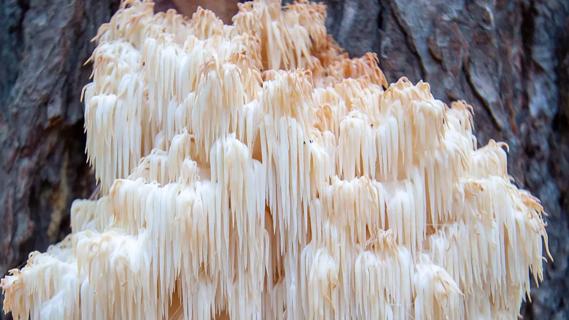
These trendy fungi may promote a healthy brain, heart and gut, but more research is needed to say for sure
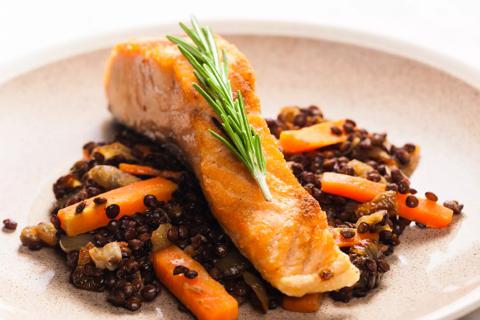
A well-balanced diet with anti-inflammatory foods can help reduce flare-ups and severity of psoriasis symptoms
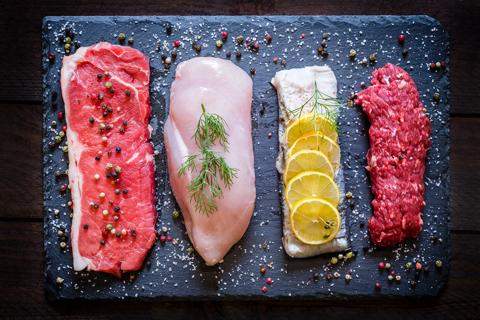
This vital nutrient helps your brain and body in many ways — and most of us need more of it
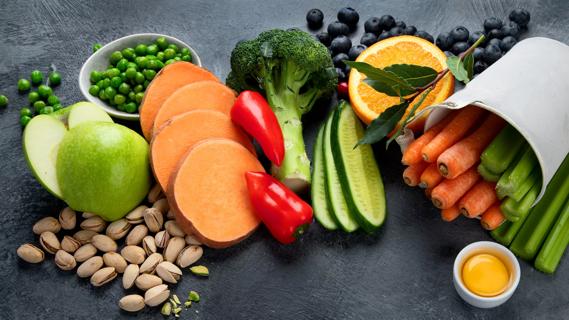
This powerful carotenoid can help with your eye and skin health, LDL reduction and cognitive function

Wrapped or sandwiched, try to choose fillings and condiments that are minimally processed, low in saturated fat and high in fiber

Beyond the usual offenders like garlic and onions, foods like red meat, fish and spices can cause a stink effect as well
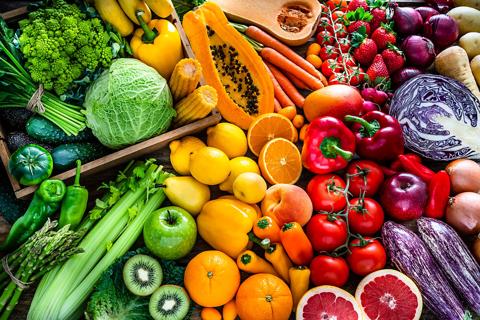
Found in colorful foods like spinach, corn and oranges, this carotenoid helps with eye, skin and liver health

Found in an abundance of foods, potassium is an electrolyte that helps your muscles contract and acts as a counterbalance to sodium

Your metabolism may torch 1,300 to 2,000 calories daily with no activity

A gentle touch in all the right places may help drain your sinuses